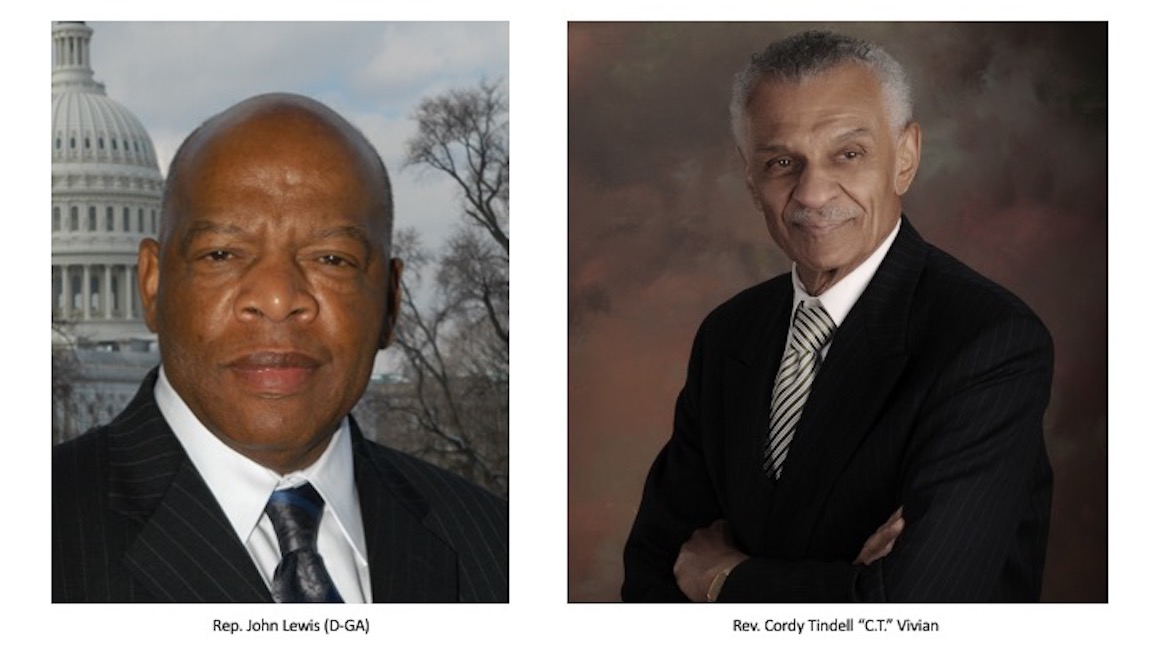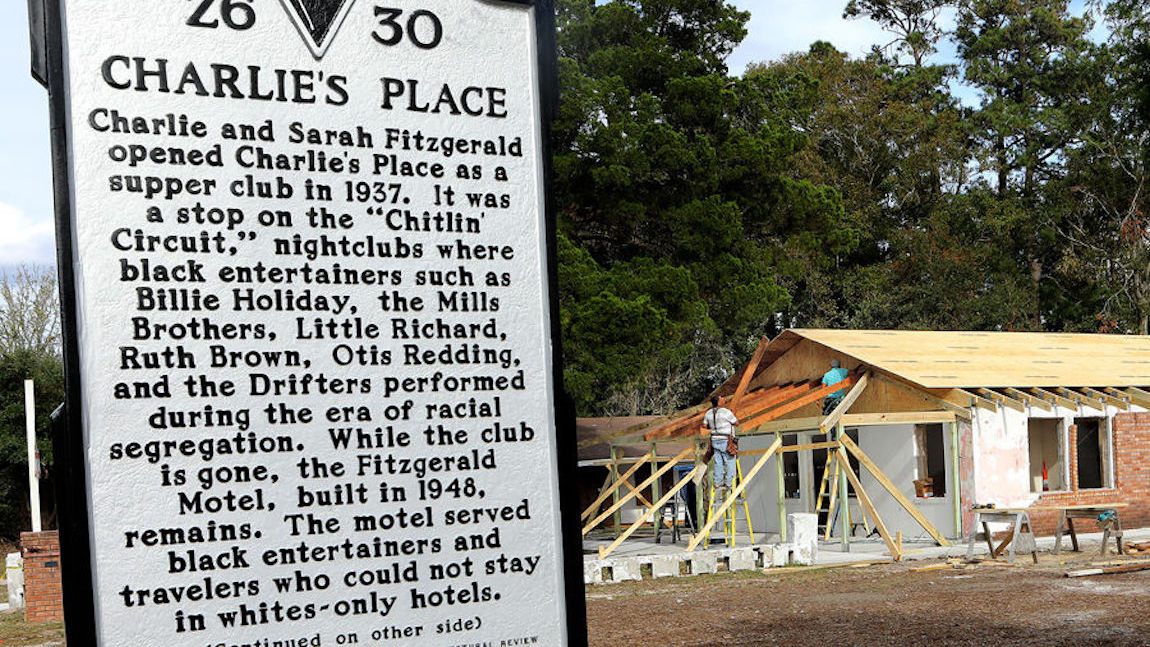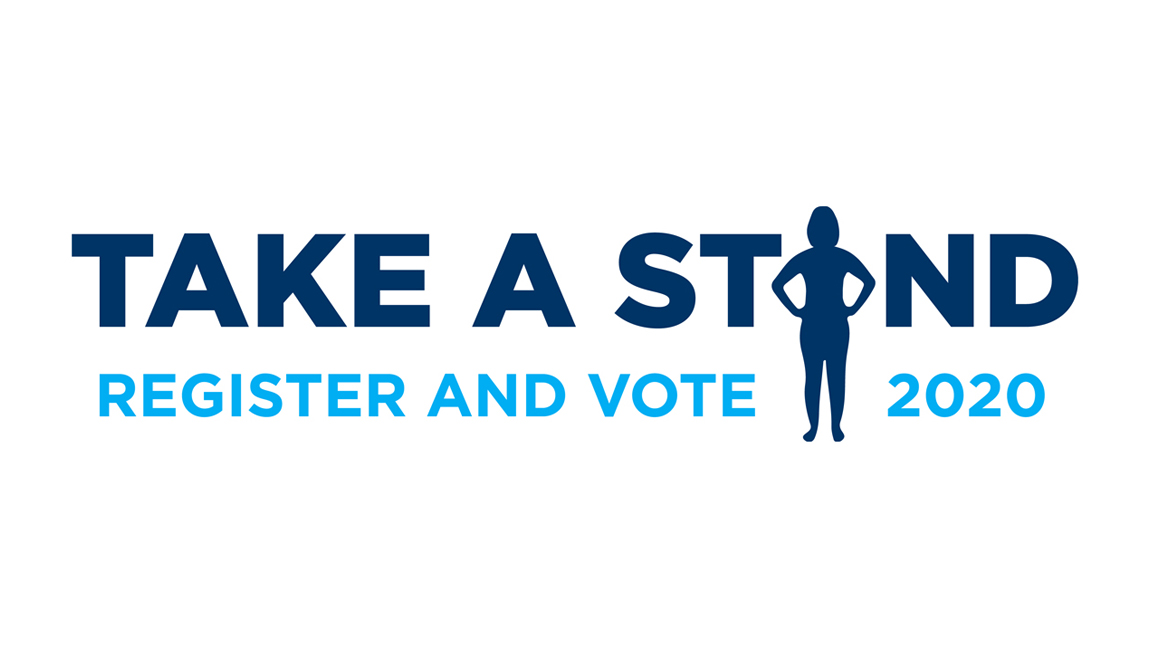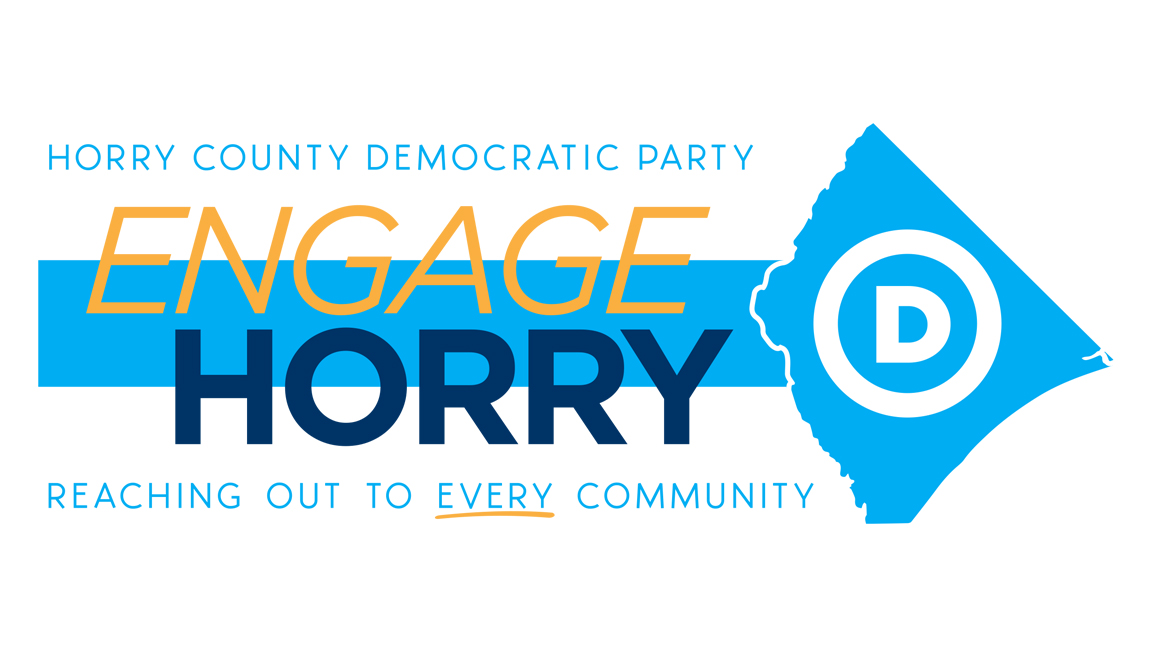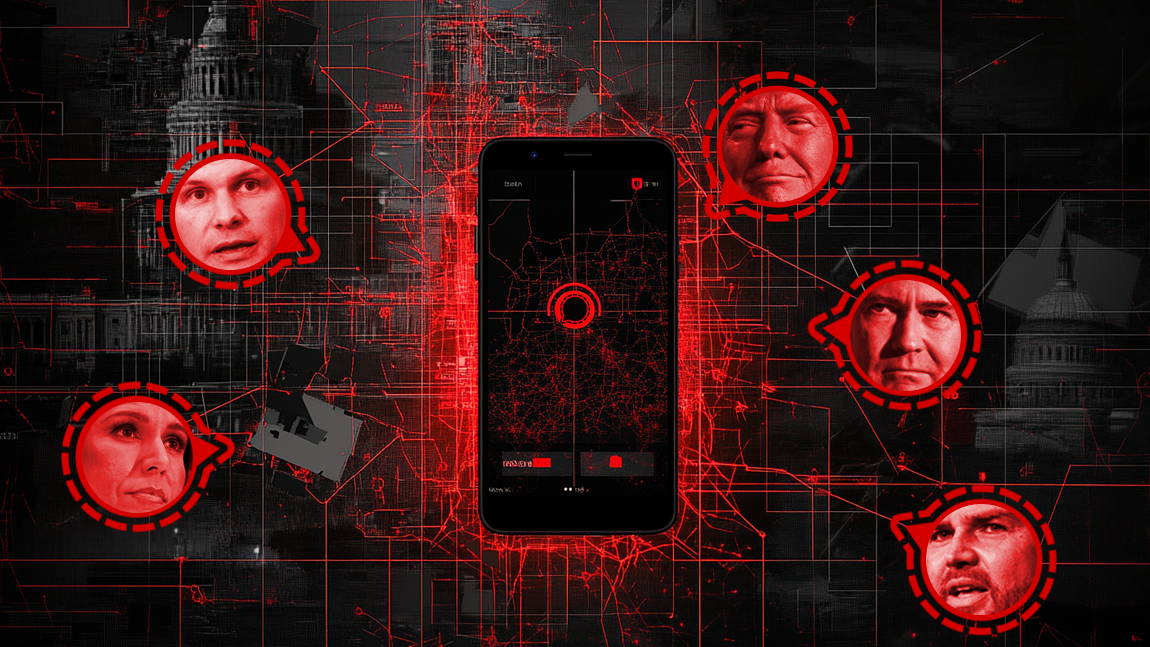On Friday, July 17, the world lost two giants who were change agents of the civil rights movement, Rev. Cordy Tindell “C.T.” Vivian and Rep. John Lewis, the Georgia Democrat who was revered as “the conscience” of Congress.
Rev. Vivian passed away at his Atlanta home of natural causes at the age of 95, while Lewis died after a six-month battle with cancer at the age of 80.
The deaths of these towering civil rights leaders came as America struggles with racial discord and unrest in the wake of the death of George Floyd by a white police officer in Minneapolis, and the Black Lives Matter protests that have since swept the nation. They also came amidst America’s battle with Covid-19 that so far has taken the lives of nearly 140,000 Americans, with people of color at greatest risk.
As CNN reported, “both men were the epitome of ‘good trouble’,” Lewis’ favorite saying and approach to confronting injustices without violence. They worked alongside the Rev. Martin Luther King Jr. in the forefront of the struggle for racial justice in the 1960s.
At the height of the push for justice, their beatings at the protests galvanized support that led to key changes, including the Voting Rights Act, signed into law by President Lyndon B. Johnson. After years of arrests, confrontations and demands for justice, they received the highest civilian honor from the nation’s first Black President, Barack Obama.
However, Rep. James Clyburn (D-SC), the House Majority Whip, called on Senate Republicans and President Trump to pass and sign a House-passed bill to restore the Voting Rights Act if they want to honor the life of Rep. Lewis. A 2013 Supreme Court decision, Shelby County v. Holder, invalidated a key portion of that 1965 law.
Clyburn said the bill meets requirements imposed by the Supreme Court in that decision.
“If the president were to sign that, then I think that’s what we will do to honor John,” said Clyburn. “It should be the John R. Lewis Voting Rights Act of 2020. That’s the way to do it. Words may be powerful, but deeds are lasting.”
HCDP Responds
“In Congressman John Lewis’ memory we must unwaveringly know, ‘we are one people with one family. We all live in the same house… and through books, through information, we must find a way to say to people that we must lay down the burden of hate. For hate is too heavy a burden to bear.” said Cedric Blain-Spain, HCDP State Executive Committeeman as he quoted Lewis.
“Be committed, he continued, ‘to see young (and old) people in America feel the spirit of the 1960’s and find a way to get in the way. To find a way to get in trouble. Good trouble, necessary trouble’.”
Yes, said Blain-Spain, “get in good trouble” at the voting machines and boxes and communities that will effect positive changes through the USA and the world. As State Executive Committeeman I pledge to help bring forth The John Lewis 2020 Voting Initiatives while we ride out this mighty #BLUEWave. Rest In Power Congressman Lewis and Rev. C.T. Vivian, you’ve both earned your rest and rewards. Like never before, “I report to Civil & Voting Rights duties.”
Added Blain-Spain, “When you see something that is not right, not fair, not just, you have to speak up. You have to say something; you have to do something.”
HCDP 1st Vice Chair Barbara Hake said she always wanted to meet Rep. Lewis, “one of my fondest wishes.” Unfortunately, she was never able to do so.
“When we would plan the SHORE Dinner and go over a “Wish list” of speakers, Rep. Lewis would always be among the top three that the committee suggested,” she said, referring to HCDP’s annual fundraising dinner that had to be cancelled this year due to the pandemic.
“He (Lewis) stood for everything best in humanity, never gave up, smiled in the face of adversity and gave a life lesson to all who followed his life and times,” she said. “We must follow his lead and will become better Americans for it.”
HCDP Chair Don Kohn had great admiration for the civil rights icon as well and said he agrees with Clyburn’s call upon the Senate and Trump to enact the new Voting Rights Bill and name it after Lewis.
“John Lewis was a man of character who led by example. He was a leader that we can learn from and that we should all emulate,” he said. “Sens. Lindsey Graham and Tim Scott need to help get this legislation finally enacted.”
House Speaker Nancy Pelosi called Lewis “one of the greatest heroes of American history. All of us were humbled to call Congressman Lewis a colleague, and are heartbroken by his passing,” she said. “May his memory be an inspiration that moves us all to, in the face of injustice, make ‘good trouble, necessary trouble.”
Bloody Sunday
Lewis was best known for leading some 600 protesters in the Bloody Sunday march across the Edmund Pettus Bridge in Selma. At age 25, leading the march with his hands tucked in his coat pockets, Lewis was knocked to the ground and beaten by police. His skull was fractured, and nationally televised images of the brutality forced the country’s attention on racial oppression in the South.
Within days, King led more marches in the state, and President Lyndon Johnson soon pushed Congress to pass the Voting Rights Act, which became law later that year, removing barriers that had barred black Americans from voting.
Ironically, it is that powerful group within the electorate that will assume perhaps the largest role in the 2020 election as America’s racist president, Donald J. Trump seeks reelection.
Some might say that would be the biggest tribute of all to Congressman John Lewis.

